Search
Thank You for Participating in Open Sharing Is Caring!
by Victoria Heath Open Culture post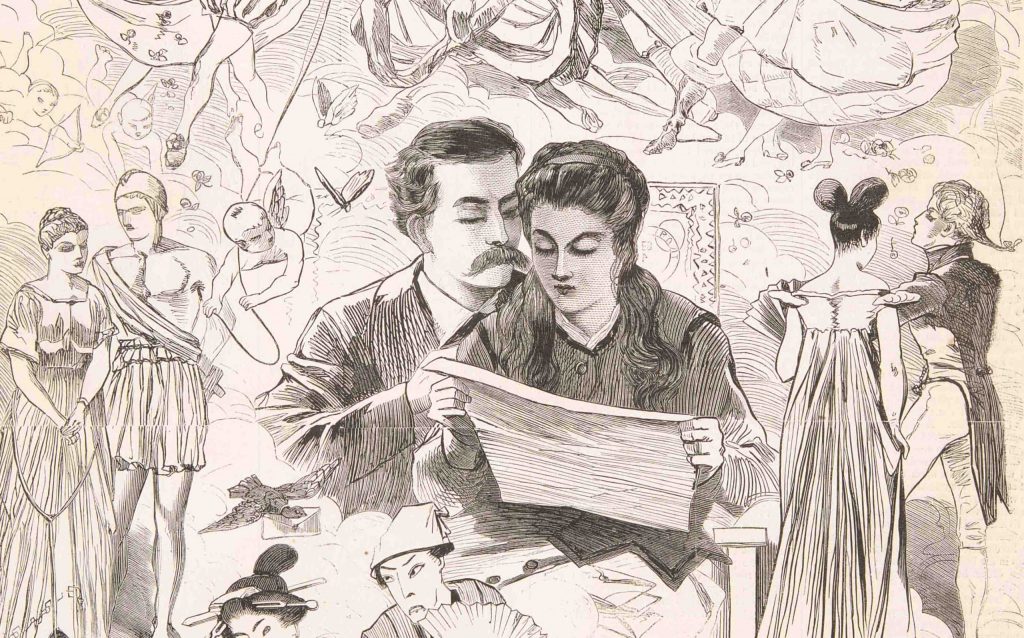 "St. Valentine's Day - The Old Story in All Lands (1868)" by Harper & Bros. Cooper Hewitt (CC0)
"St. Valentine's Day - The Old Story in All Lands (1868)" by Harper & Bros. Cooper Hewitt (CC0)
February is usually the time to share virtual hugs, chocolates, and witty cards with family and friends for Valentine’s Day ❤️. (Or “Friend’s Day” in Finland!) This past Valentine’s Day, we wanted you to share something a little different: your creative work. In our Open Sharing is Caring challenge, we asked you to openly share…
Still Life: Art That Brings Comfort in Uncertain Times
by Catherine Stihler Open Culture post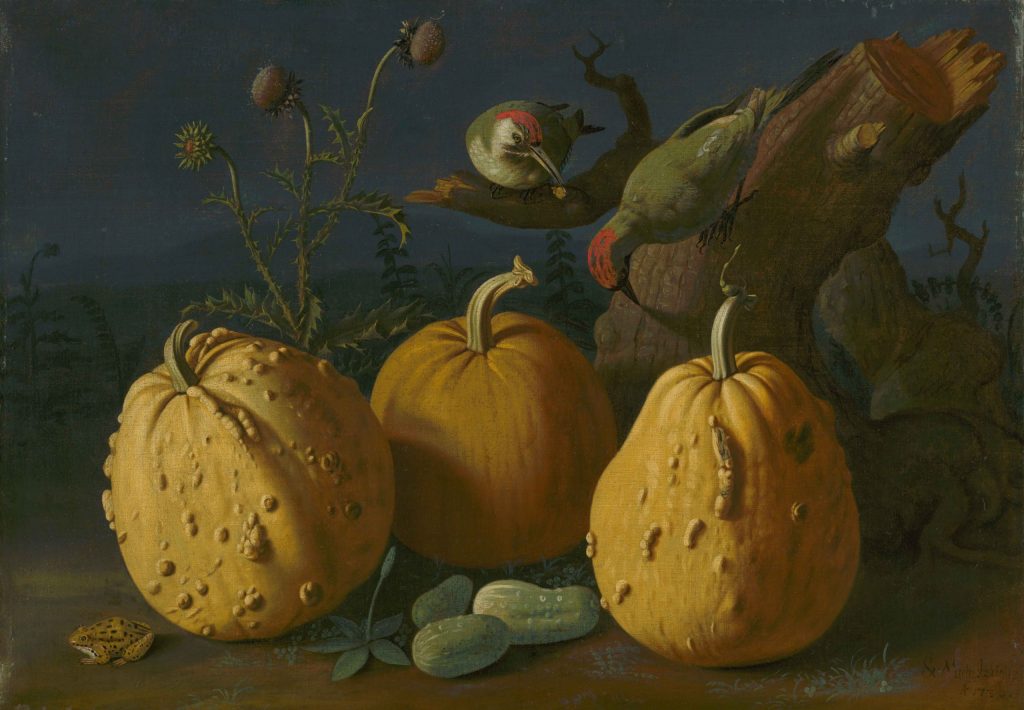
There is a quiet, familiar beauty found in still life, a type of art that depicts primarily inanimate objects, like animals, food, or flowers. These comforting images offer a sense of certainty and simplicity in uncertain and complex times. This could explain why over six million Instagram users have fallen in love with still life…
Creative Commons Board Tribute to Departing General Counsel Diane Peters
by Molly Van Houweling About CC post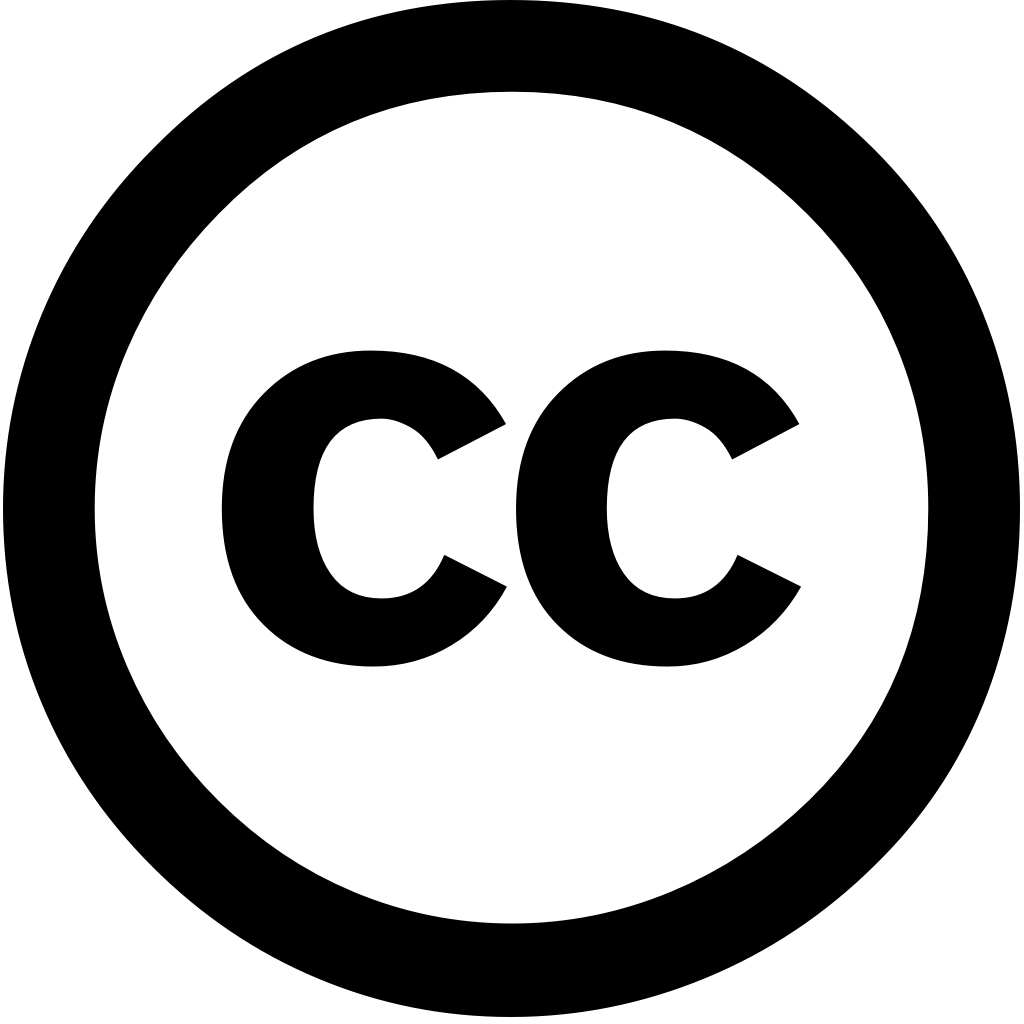
It’s customary at Creative Commons for the Board of Directors to pause during our annual meeting to acknowledge any departing Board members and staff and thank them for their contributions to the CC mission and community. Among the exceptional Commoners we acknowledged this year, there is one who has touched more projects, individuals, and institutions…
Introducing Our Google Season of Docs 2020 Participants
by Kriti Godey Community, Technology post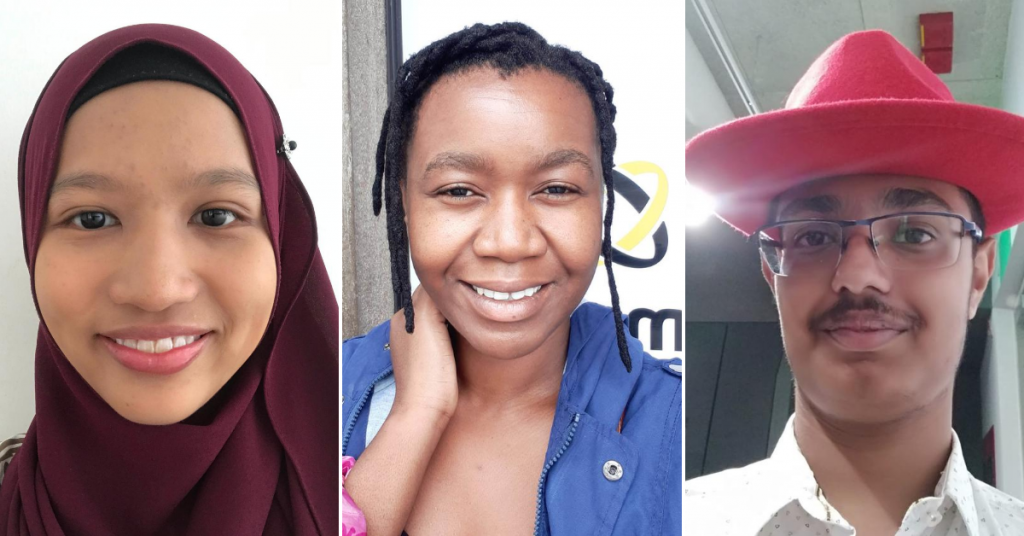 Google Season of Docs 2020 Participants
Google Season of Docs 2020 Participants
Code is just one part of open source; good documentation is essential for both users and contributors in order for open source projects to succeed. We’re excited to announce that Creative Commons is participating for the first time in Google Season of Docs, a program that pairs experienced technical writers with open source projects in…
Artificial Intelligence and Creativity: Can Machines Write Like Jane Austen?
by Brent Moran, Brigitte Vézina Copyright, Technology post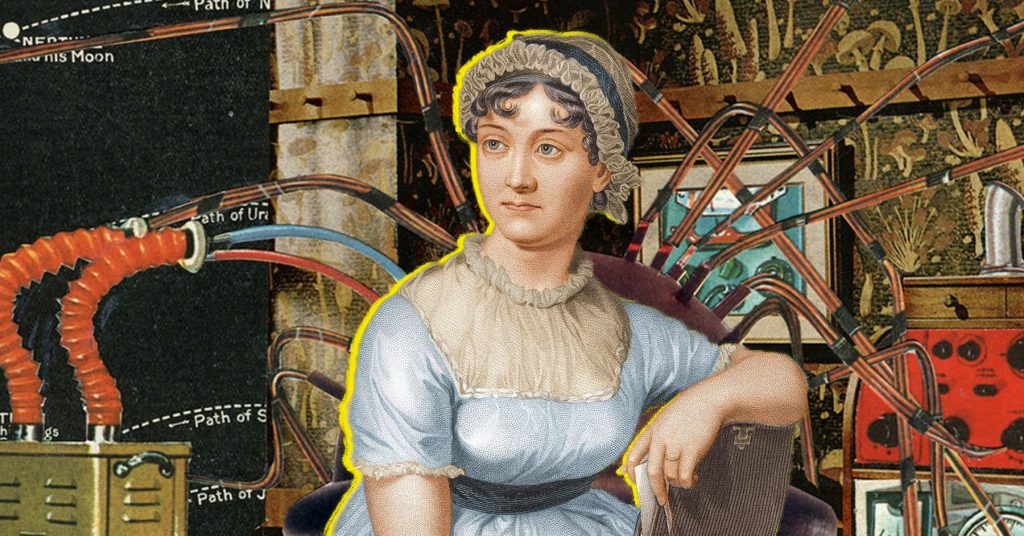
In the second part of our series on artificial intelligence (AI) and creativity, we get immersed in the fascinating universe of AI in an attempt to determine whether it is capable of creating works eligible for copyright protection. Below, we present two examples of an AI system generating arguably novel content through two different methods:…
Artificial Intelligence and Creativity: Why We’re Against Copyright Protection for AI-Generated Output
by Brent Moran, Brigitte Vézina Copyright post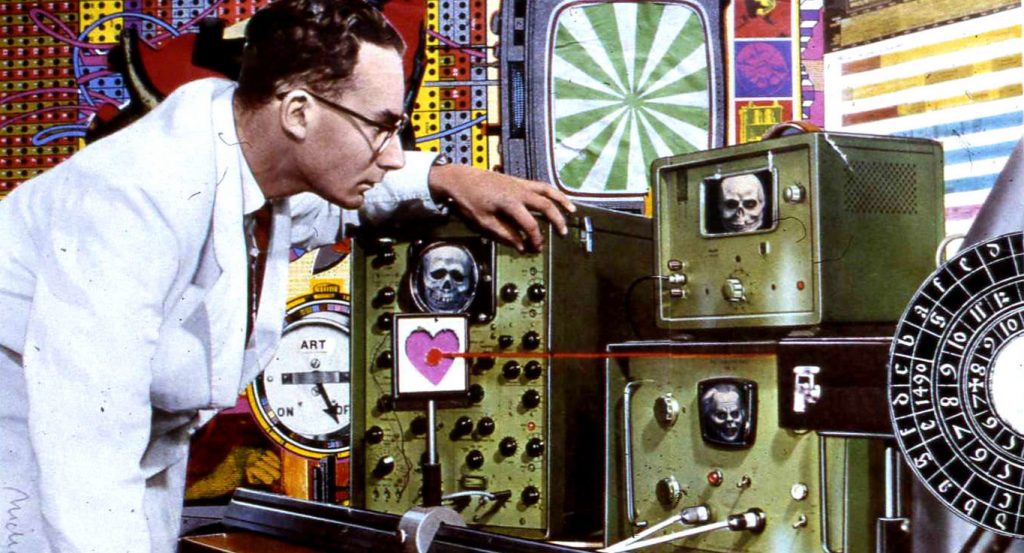 Image: "Love is Art Science 95" by Kollage Kid, licensed CC BY-NC 2.0.
Image: "Love is Art Science 95" by Kollage Kid, licensed CC BY-NC 2.0.
Should novel output (such as music, artworks, poems, etc.) generated by artificial intelligence1 (AI) be protected by copyright? While this question seems straightforward, the answer certainly isn’t. It brings together technical, legal, and philosophical questions regarding “creativity,” and whether machines can be considered “authors” that produce “original” works. In search of an answer, we ran…
Leveraging OER for COVID-19 Response Efforts and International Partnerships
by Jennryn Wetzler Open Education post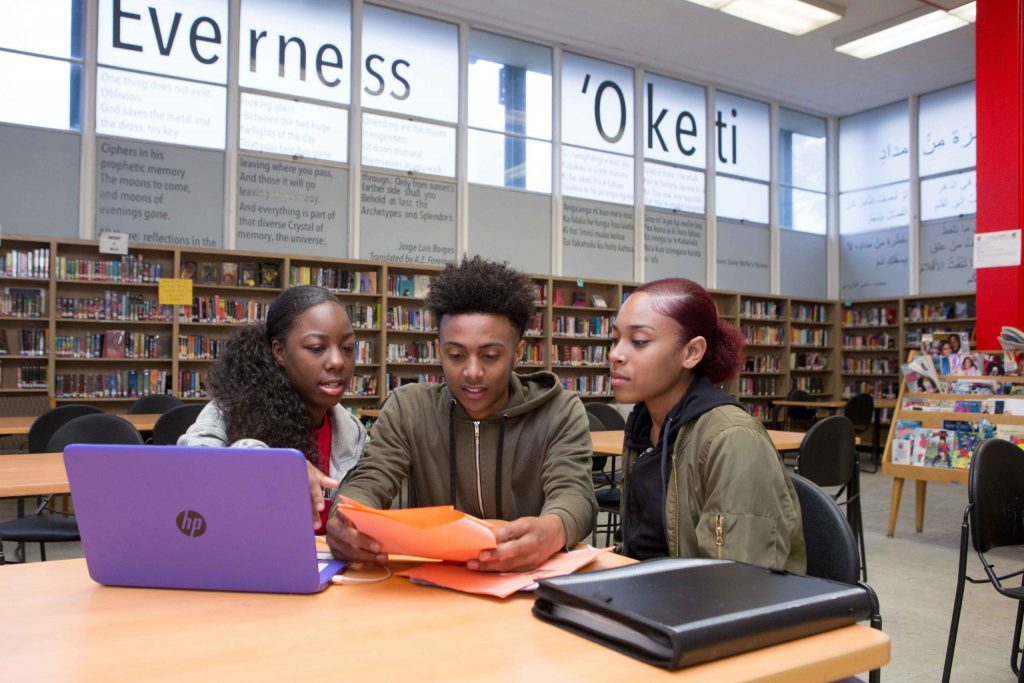 Deeper learning prepares students to apply content knowledge, think critically, and work collaboratively.
Deeper learning prepares students to apply content knowledge, think critically, and work collaboratively. Photo by Allison Shelley/The Verbatim Agency for American Education: Images of Teachers and Students in Action
This post was written in collaboration with Jan Gondol, Ebba Ossiannilsson, Karolina Szczepaniak, and Spencer Ellis. A portion was also published on the Open Government Partnership’s website. Currently, we face both a swell of support for open educational resources (OER) and devastating upheaval of our traditional education systems. Due to the COVID-19 pandemic, over 1.5 billion…
Bassel Khartabil Fellowship Awarded to Tarek Loubani—Using Open Access to Combat COVID-19
by Eric Steuer Open Access post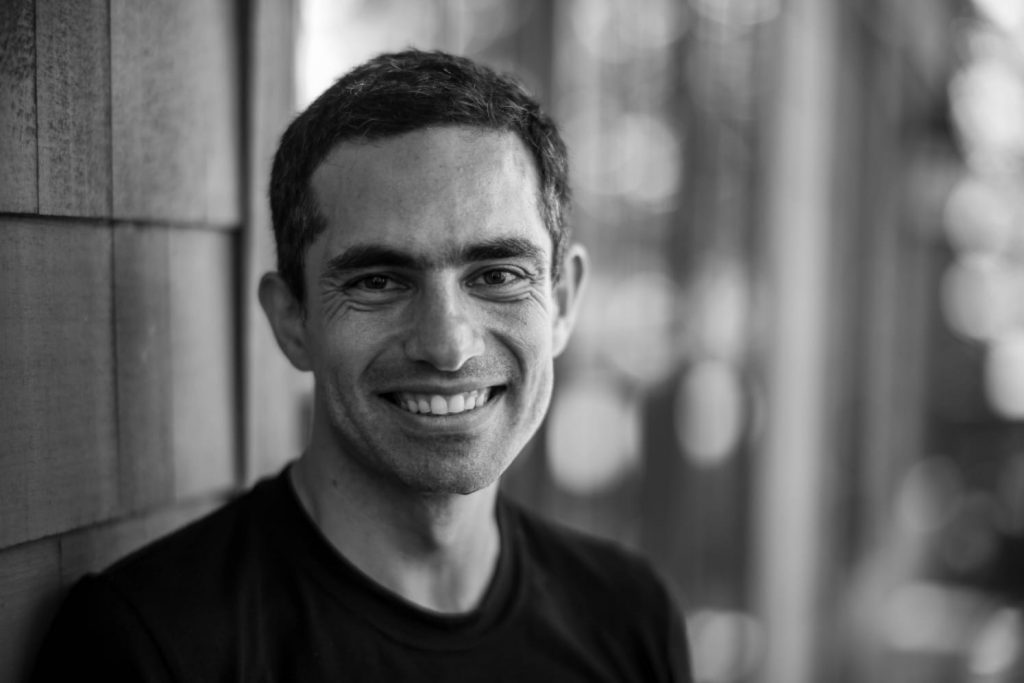
We are thrilled to announce today that Dr. Tarek Loubani has been awarded the 2020 Bassel Khartabil Fellowship. Loubani is the medical director of Glia, a project focused on using Open Access manufacturing and distribution in order to provide lower costs and vastly increase the accessibility of urgently needed medical supplies and gear. The Fellowship…
Collaborate With Us as a Google Summer of Code or Outreachy Participant
by Kriti Godey Technology post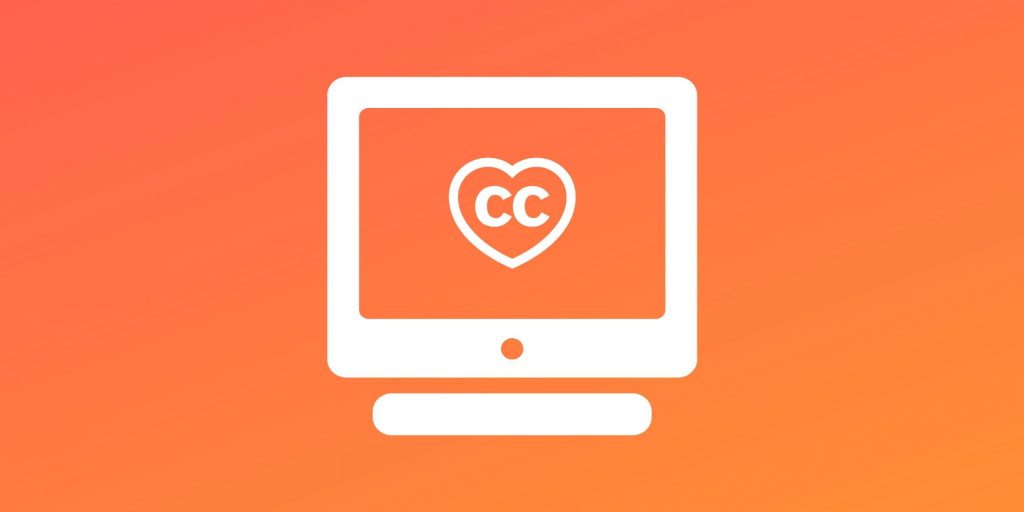
We are proud to announce that Creative Commons (CC) will once again be participating as a mentoring organization for Google Summer of Code (GSoC) and Outreachy. GSoC and Outreachy are both programs focused on introducing open-source software development to a wider audience. They provide stipends to work on a 3-month project for the open source…
Why We’re Advocating for a Cautious Approach to Copyright and Artificial Intelligence
by Brigitte Vézina, Diane Peters Copyright post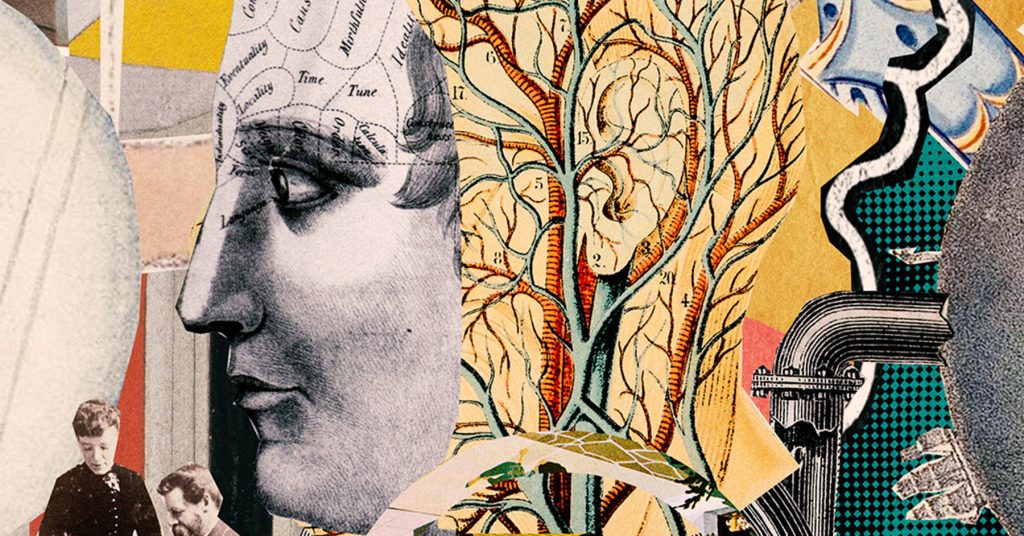
On 14 February 2020, Creative Commons (CC) submitted its comments on the World Intellectual Property Organization (WIPO)’s Issues Paper* as part of WIPO’s consultation process on artificial intelligence (AI) and intellectual property (IP) policy. In this post, we briefly present our main arguments for a cautious approach to regulating AI through copyright or any new…